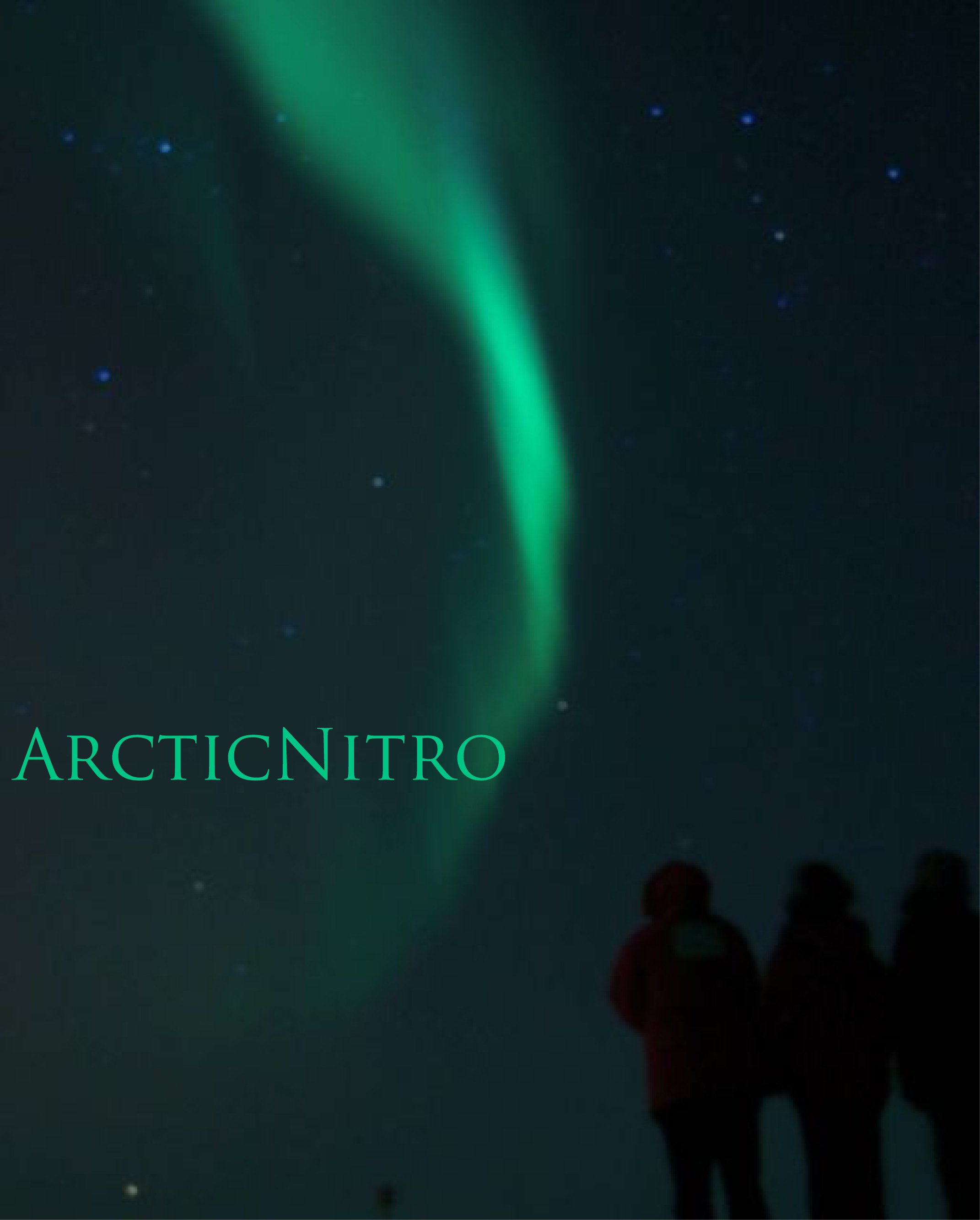 ©2020 Biological and Chemical Oceanography Data Management Office.
©2020 Biological and Chemical Oceanography Data Management Office.Funded by the U.S. National Science Foundation
The Arctic is changing. Warm air is melting the sea ice at an accelerating pace, impacting the marine ecosystem. Further changes on land mean higher river discharge, rising seas, thawing of permafrost, and coastal erosion.
For the Arctic continental shelf, these physical changes impact the creatures that live there in major ways, ultimately altering the pathways and magnitude of energy transfer to fish, sea birds and marine mammals, and impacting the people dependant on those resources. Our challenge today is to understand what is happening in specific Arctic ecosystems to assess future change.
Understanding the microorganisms in Arctic coastal ecosystems is important because microbes dominate the biological biomass, production, and remineralization in marine systems. They are the "composters." Microbes are also the major producers and consumers of carbon dioxide and other greenhouse gases.
This study is focused on the climate-sensitive relationship between these microbes -- particularly the competition for nitrogen between phytoplankton/algae and bacteria -- and the productivity of the food web that depends on these organisms.

Principal Investigator: Patricia L. Yager
University of Georgia (UGA)
Co-Principal Investigator: Deborah A. Bronk
Virginia Institute of Marine Science (VIMS)
Co-Principal Investigator: Marc E. Frischer
Skidaway Institute of Oceanography (SkIO)
ANS2008 Submitted Text (1.30 MB)
05/06/2015